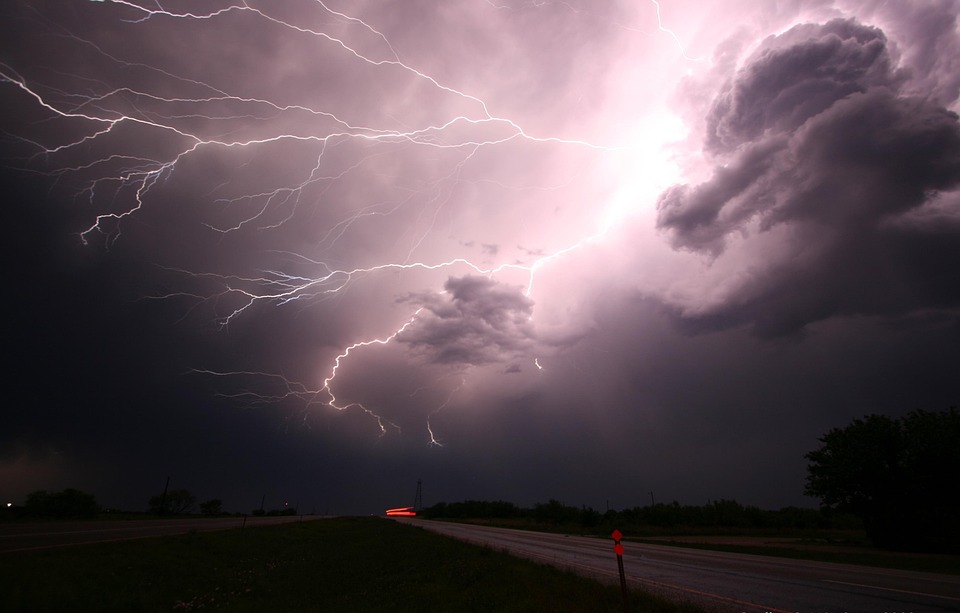What Is The Relationship Between Climate Change And The Biosphere?
Climate change is one of the most pressing environmental issues facing the world today. It is a global phenomenon that affects the biosphere, the thin layer of air, water, and soil that supports life on Earth. The biosphere is composed of all living organisms and the interactions between them, and it is essential to the health of the planet. As climate change continues to worsen, it is becoming increasingly clear that the consequences of this phenomenon could be particularly devastating for the biosphere.
How Does Climate Change Affect the Biosphere?
Climate change affects the biosphere in a variety of ways. One of the most significant effects is the alteration of global temperatures, which can lead to changes in the distribution of plants and animals. As temperatures increase, so too do the number of extreme weather events, such as floods, droughts, and storms, which can wreak havoc on ecosystems. Additionally, climate change can disrupt the delicate balance between species, leading to population declines or even extinction.
What Are the Consequences of Climate Change for the Biosphere?
The consequences of climate change for the biosphere are far-reaching. As temperatures continue to rise, the habitats of many species are becoming inhospitable, forcing them to migrate to more suitable areas. This can lead to competition for resources and a decrease in biodiversity. Additionally, as the ocean absorbs more carbon dioxide, the acidity of the water increases, which can have a devastating impact on aquatic life. Finally, climate change can increase the prevalence of diseases, as well as the spread of invasive species, both of which can have a negative effect on the health of the planet.
What Can Be Done to Address Climate Change?
The best way to address climate change is to reduce the emission of greenhouse gases and take steps to protect the environment. This includes reducing energy consumption, increasing the use of renewable energy sources, improving energy efficiency, and investing in green technology. Additionally, individuals can do their part by making sustainable lifestyle choices, such as reducing their meat intake and using reusable products. Finally, governments and international organizations must work together to develop policies that will help mitigate the effects of climate change and protect the biosphere.
Conclusion
Climate change is a global phenomenon that has a direct and profound effect on the biosphere. It can disrupt the delicate balance between species, increase the prevalence of diseases, and cause a decrease in biodiversity. In order to protect the health of the planet, it is essential that individuals, governments, and international organizations work together to reduce emissions and take steps to protect the environment.

Kyle Whyte is a notable scholar and professor at the University of Michigan, holding positions such as the George Willis Pack Professor in the School for Environment and Sustainability and Professor of Philosophy. Specializing in environmental justice, his work critically examines climate policy and Indigenous peoples’ ethics, emphasizing the nexus between cooperative scientific endeavors and Indigenous justice. As an enrolled Citizen Potawatomi Nation member, he brings a vital perspective to his roles as a U.S. Science Envoy and member of the White House Environmental Justice Advisory Council. His influential research is supported by various prestigious organizations including the National Science Foundation, and disseminated through publications in high-impact journals. Kyle actively contributes to global Indigenous research methodologies and education, with affiliations to numerous institutes and societies dedicated to traditional knowledge and sustainability. Recognized for his academic and community engagement, Kyle has earned multiple awards and served in various visiting professorships. His efforts extend to leadership positions on boards and committees focused on environmental justice nationwide.
